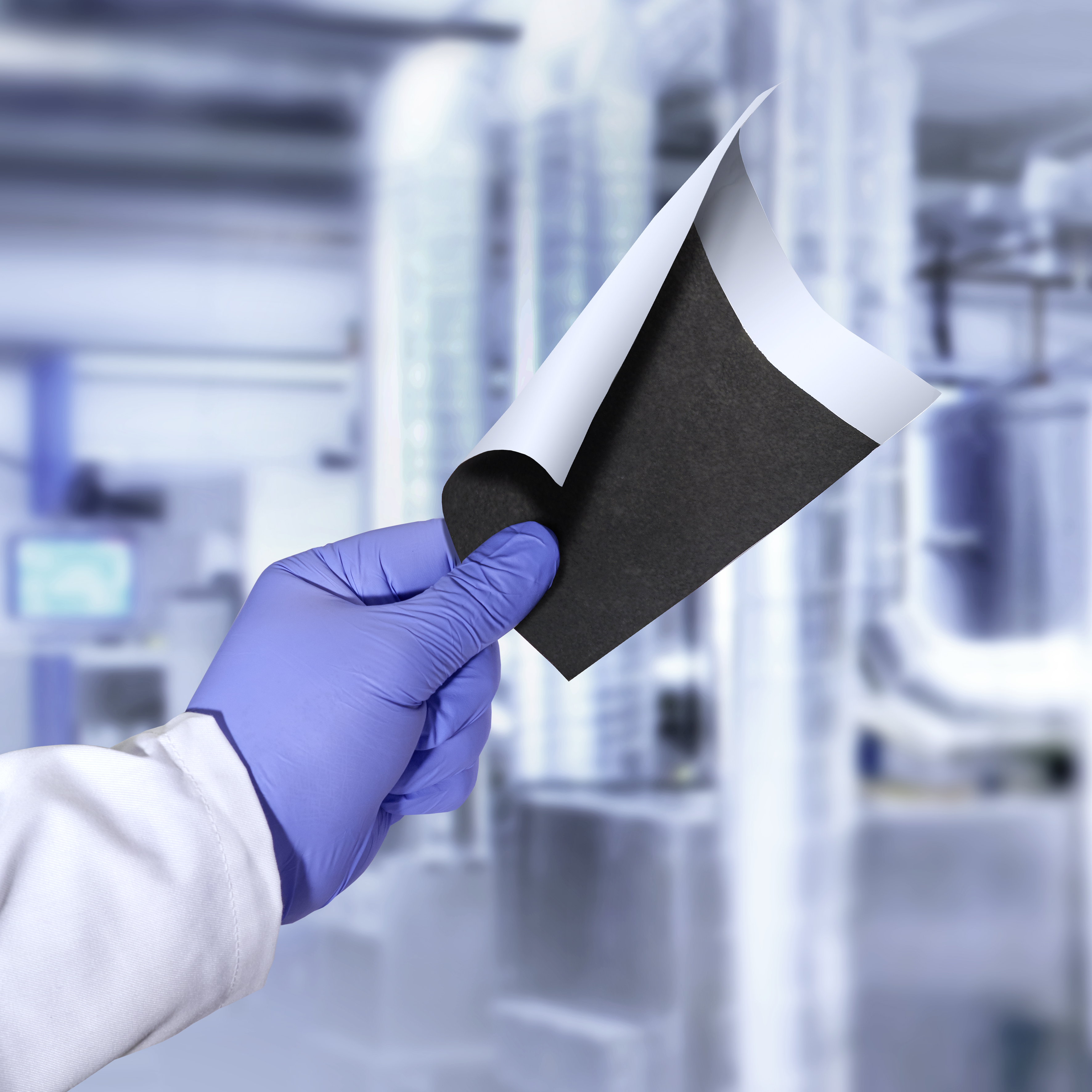Author: Claudia Buschmann
The Fraunhofer Institute for Silicon Technology has announced that it has successfully developed a solvent-free technology for battery electrode production.
This groundbreaking innovation is to be further scaled up as part of the "TropMelt" research project, which is being funded with around 2.5 million euros by the Federal Ministry of Economics and Climate Protection (BMWK). This process promises not only a considerable reduction in costs, but also a drastic reduction in the CO2 footprint compared to conventional processes.
The central objective of TropMelt is to make the production of battery electrodes more efficient and sustainable by using a solvent-free technology. Fraunhofer ISIT, one of the leading research institutes in the field of dry coating of battery electrodes, is using its many years of expertise in the joint project to save both the environmentally necessary recovery periphery and the long and very energy-intensive drying process in a unique electrode production process patented by ISIT using brush application. In addition, instead of the standard fluorine-containing binders such as PVDF and PTFE, TropMelt is investigating more environmentally friendly, cheaper and more efficient binders for the planned melt-calendering process.
As a result, enormous savings can be made in the production of batteries in terms of investment, material and operating costs, making a major contribution to truly environmentally friendly battery technology. Group leader Jannes Ophey is also delighted: "The dry coating technology has the potential to significantly reduce the costs and emissions of electrode production compared to today's conventional processes and make battery production "Made in Germany" competitive with the Asian market in particular. The process developed at ISIT thus makes a direct contribution to the development of economical and environmentally friendly storage technologies for mobile and stationary applications.
Other partners in the project are consortium leader UniverCell, Fraunhofer IFAM and Brabender.
 Fraunhofer Institute for Silicon Technology
Fraunhofer Institute for Silicon Technology